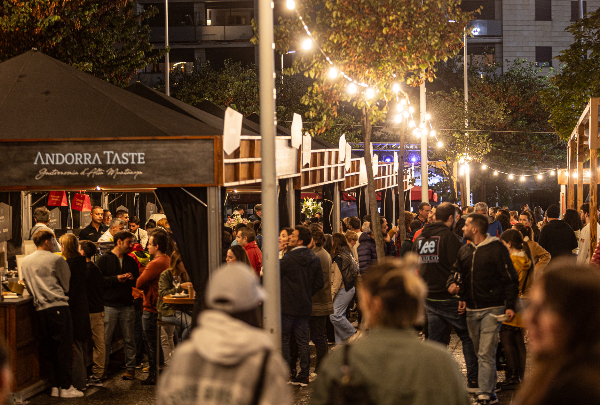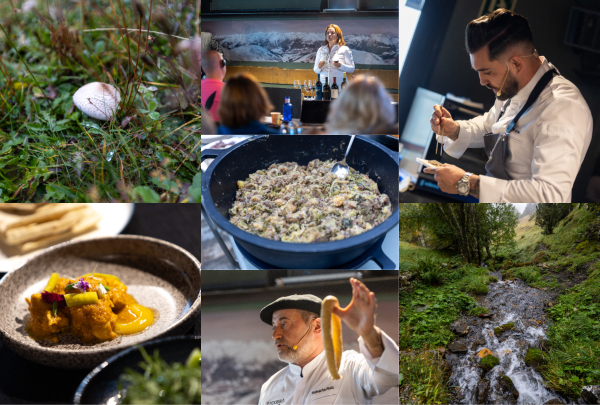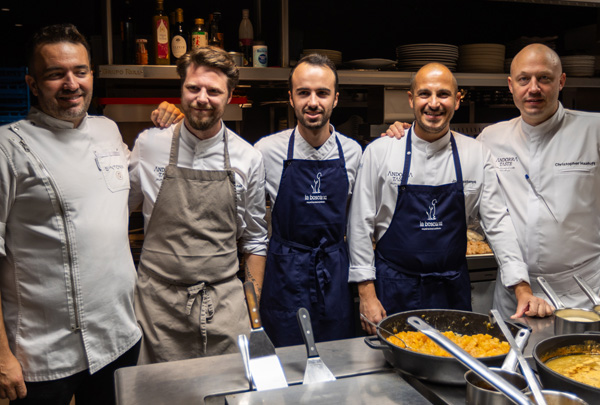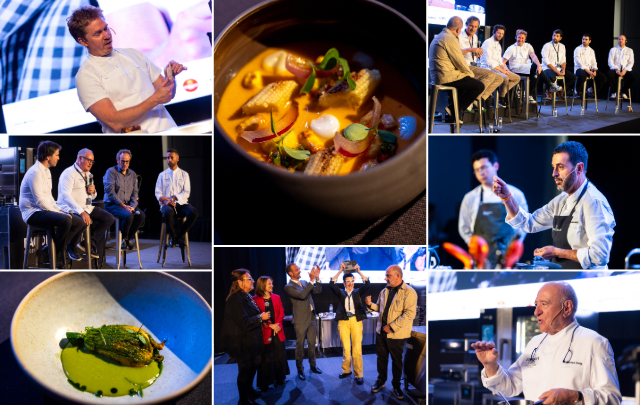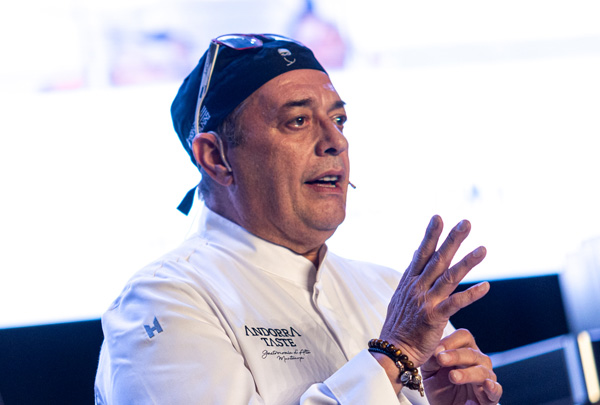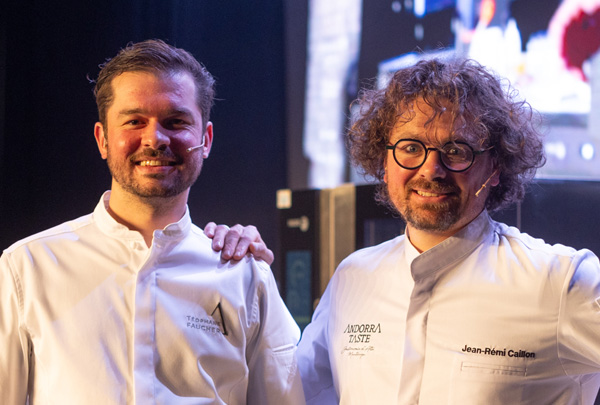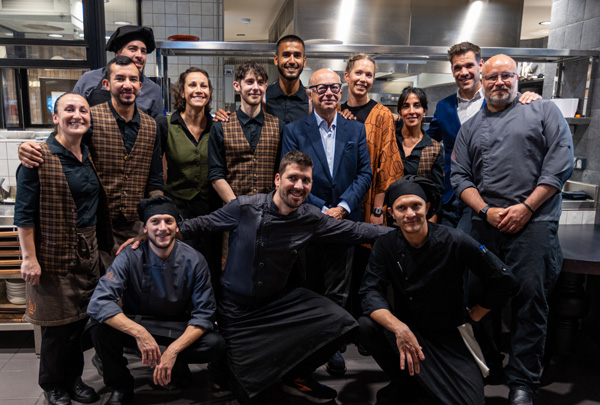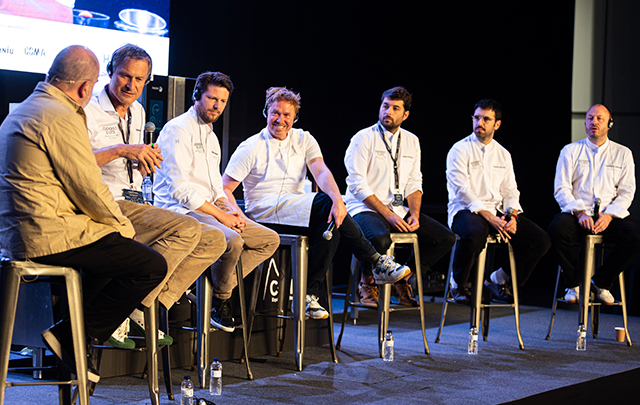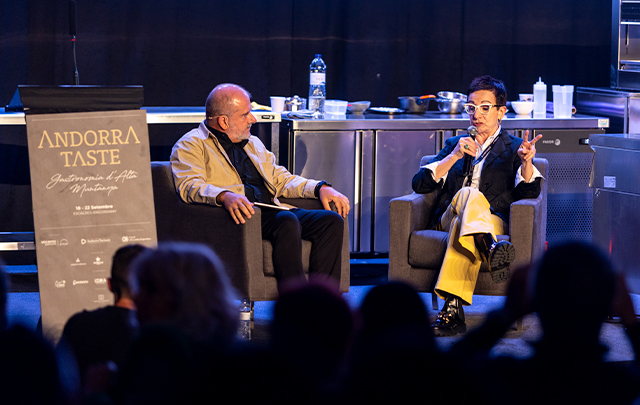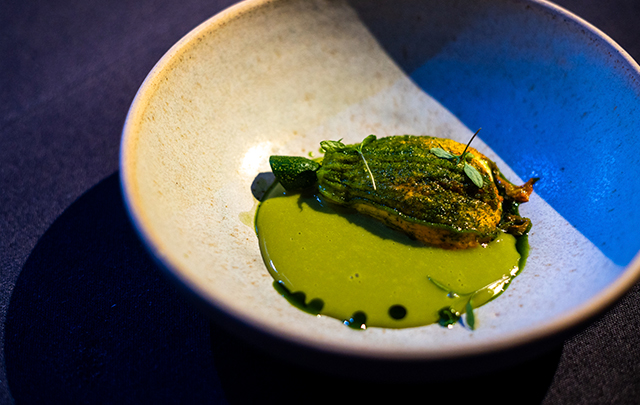News
Is borda cuisine at a crossroads?
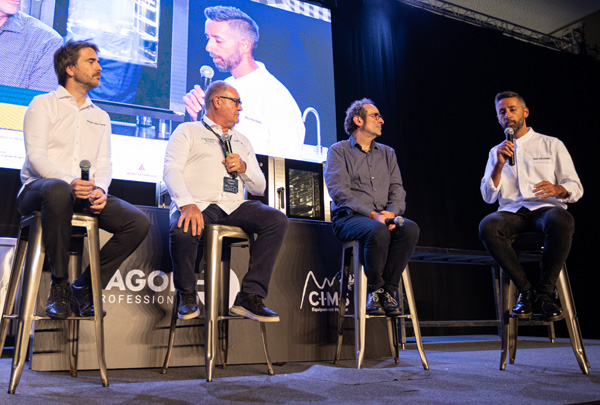
In Andorra, the bordas, which are part of the unmistakable landscape of the Pyrenees, have become restaurants that safeguard the country's culinary heritage. Their characteristics and evolution were discussed at the second round table of the day
They are an undeniable artistic and human heritage of the mountain landscape, designed to shelter livestock or store agricultural produce. Their bucolic construction has been used by many in Andorra to transform them into beautiful and welcoming restaurants, mostly dedicated to serving traditional mountain cuisine, which the journalists Salvador García-Arbós and Josep Lluís Trabal now miss.
This was the starting point for an interesting round table discussion on whether the 'bordas' are losing their sense of being and what they need to do to achieve a certain evolution without losing their essence. For the traveller who comes to Andorra and does not know a borda, it is always a novelty and they want to find the genuine, the authentic. Now it is being lost, and I think we must try to combine tradition and modernity, and be able to build a history of what Andorran cuisine is and what products it uses. Nordic cuisine is younger than Andorran cuisine and has already found its identity. Andorra needs to have some reference dishes and take care of them," he said. In the same vein, the gastronomic critic Josep Lluís Trabal commented: 'We gastronomy lovers want the cuisine to speak and tell stories, and the borda is a fantastic setting for this. Its antiquity is an asset for tourists who don't know it, it's something new and very attractive, and it defines a gastronomic identity'.Moreover, for Josep Lluís, 'now that people don't cook at home, the recipes of our grandmothers are being lost. The bordas can do the valuable work of preserving our culinary heritage'.
But if anyone knows the uniqueness of the borda, it is Josep Mª Troguet, who has run the Antiga Borda Raubert for decades. Now involved in his rural tourism catering and hotel business, which includes a bakery and the Cal Serni farm shop, he explains: "I'm a born traditionalist and my version of Andorran cuisine is very simple and traditional, but I also believe that cuisine must evolve. Because we chefs get very tired of making the same recipes every day for years, and that's why we like to innovate, to do different things', he argued. The author and co-author of numerous publications and recipe books on Andorran cuisine, he replied that Andorra does have distinctive recipes, "such as trinchat, game stews or Andorran cream. But it is true that the influence of Spanish and French cuisine has meant that it is the peculiarities with which we prepare these recipes that define us".
For his part, Àlex Kinchella has been running the Cort de Popaire for 10 years in Soldeu, the town where he grew up and where he dreamed of opening his own restaurant. When the opportunity presented itself, I didn't think about whether it was a borda or not, I just studied the financing and profitability. It was only when I had achieved stability that I began to think that we had a place with a lot of history and personality, with elements such as stone and fire, and the value of being able to cook in front of the customers,' he admits. But for Àlex, the borda doesn't have to condition his cuisine, and that's why his is a typical mountain cuisine in which he incorporates at least one ingredient linked to Andorra in each of his dishes, "but I like to innovate and change 3 or 4 dishes from time to time, while keeping the classics that my customers are looking for. And when it comes to creating new dishes, I am always more inspired by traditional Andorran cuisine than by avant-garde cuisine'.


